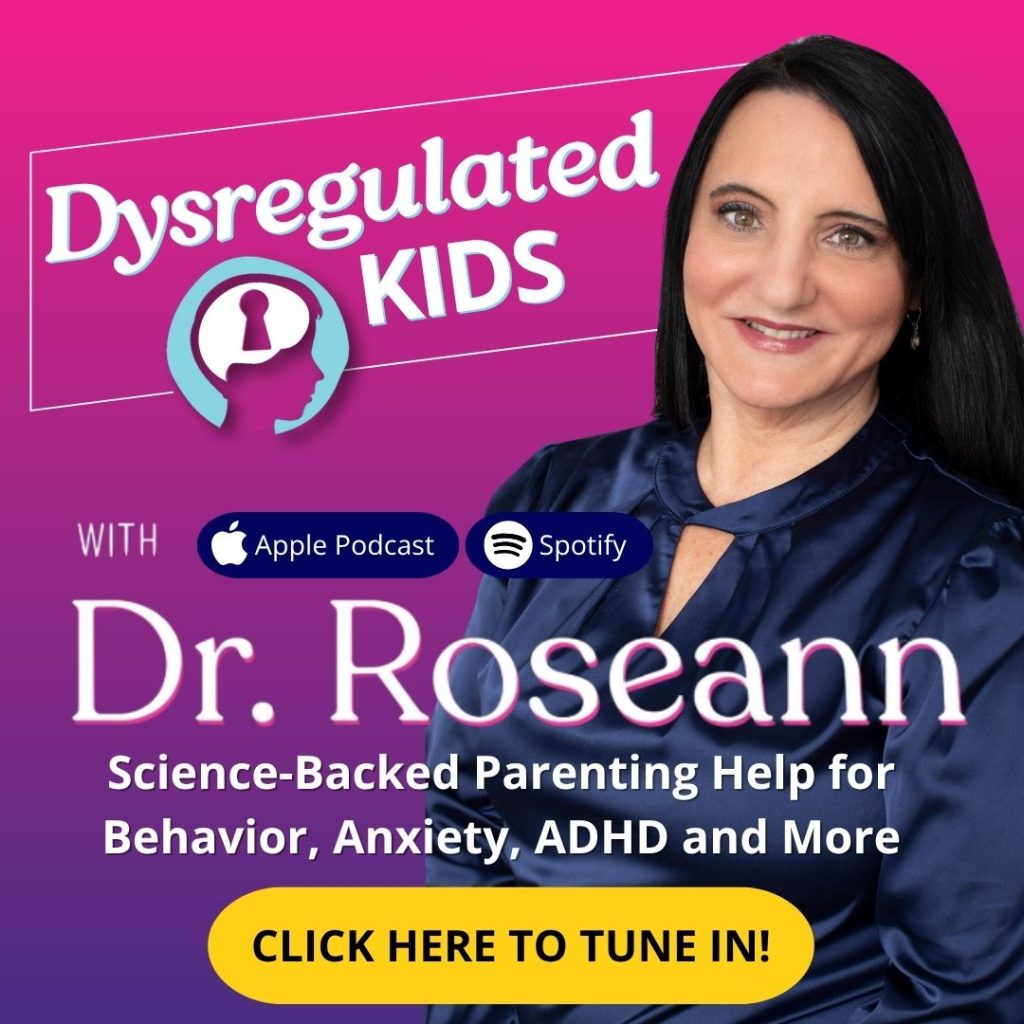Estimated reading time: 5 minutes
When parents first encounter obsessive-compulsive disorder (OCD) in their child, many wonder: “Is OCD genetic? Did my family pass this down?”
In my experience working with families, the answer is complex, blending genetic, environmental, and even biological influences.
Let’s explore what we know about the genetics of obsessive-compulsive disorder, how environmental factors may influence it, and how you can support your child through a comprehensive, science-backed approach.
What is OCD and How Does It Present in Children?
Obsessive-Compulsive Disorder (OCD) is more than being neat or particular, it’s a chronic mental health condition where obsessive thoughts drive compulsive behaviors.
In kids, it can be tricky to spot, especially when the behaviors look like quirky habits at first.
Common signs in children include:
- Rituals like excessive handwashing or tapping objects in a certain order
- Repeated checking (doors, lights, school bags)
- Arranging items symmetrically or obsessively lining things up
- Persistent fears that something bad will happen
- Avoiding “unlucky” numbers, words, or colors
Is OCD Genetic?
Let’s get straight to it—yes, genetics play a big role in OCD. But they’re not the whole story.
Research shows that if a close family member (like a parent or sibling) has OCD, your child is more likely to develop it too. Twin studies back this up with consistency.
What science says:
- OCD is estimated to be 45–65% heritable in children (Pauls, 2010)
- Identical twins are more likely to both have OCD than fraternal twins.
- There’s no single “OCD gene”—it’s a cluster of gene variations, influenced by how the brain and body respond to stress.
Still, having a genetic predisposition doesn’t guarantee your child will have OCD. It means their brain might be more sensitive to environmental triggers.
Twin studies have consistently found heritability estimates around 50%, reinforcing the genetic link (van Grootheest et al., 2005).

What Environmental Factors Influence OCD?
Even when genetics are involved, the environment can trigger or worsen OCD symptoms. That’s why two kids with the same genetic risk might have very different outcomes.
Environmental influences that matter:
- Pregnancy and birth complications: Difficult pregnancies or deliveries have been linked to higher OCD risk.
- Infections: Sudden-onset OCD in children has been associated with PANDAS/PANS (autoimmune responses to infections).
- Trauma or stress: A major move, illness, bullying, or divorce can flip the switch for a dysregulated brain.
OCD is often a response to internal distress. When the nervous system doesn’t feel safe, the brain tries to gain control through rituals.
How Does OCD Run in Families?
Sometimes it’s hard to tell whether your child is genetically wired for OCD—or simply picking up habits they see at home.
Let’s talk about how this plays out in real life.
Here’s what parents often overlook:
- OCD behaviors can be modeled, especially by a parent with similar symptoms.
- Children may imitate rituals because they believe it’s what “keeps the family safe.”
- Household stress or high emotional reactivity can add fuel to the fire.
Genetic testing can give families helpful answers about their child’s risk for OCD.
It might show markers linked to OCD, like changes in genes that affect serotonin levels or those involved in processes like methylation (such as the MTHFR gene).
While no single gene causes OCD, learning about its genetic roots can help parents take proactive steps to support their child.

Can OCD Be Learned or Mimicked?
Kids are natural copycats. While OCD isn’t “learned” like a school subject, the behaviors can definitely be mimicked.
This doesn’t mean your child has OCD—but it’s a signal to pay attention.
- Imitating rituals can feel soothing to an anxious child.
- If the behavior is reinforced (i.e., they feel less anxious afterward), it can become habitual.
This is why catching these signs early is key. The sooner we support a dysregulated brain, the better the outcomes.
What Are the Treatment Options for OCD?
Good news—OCD is highly treatable, especially in children. The earlier you intervene, the more you can shape the brain’s patterns before they become deeply wired.
Here’s what works:
- Cognitive Behavioral Therapy (CBT) with Exposure and Response Prevention (ERP) is the gold standard.
- SSRIs (a type of antidepressant) may be used for moderate to severe cases.
- Neurofeedback and PEMF can help calm the overactive brain and support nervous system regulation.
- Family therapy helps everyone understand how to respond to compulsions in supportive ways.
According to Dr. Ryan Sultan of Columbia University, “We see tremendous progress in kids who engage in ERP early—it helps rewire the brain’s fear response.”
Treatment options other than medication have proven to provide relief to children with OCD and neurodivergence.

Parent Story: Mark and Lisa were confused by their daughter’s need to do everything “just right.” When the rituals started interfering with bedtime, they reached out. With professional guidance, they put routines and coping strategies in place—and bedtime got smoother within weeks.
Parent Action Steps
FAQs
Can OCD symptoms come and go?
Yes. Symptoms often shift over time depending on stress, age, or life events.
Will my child grow out of OCD?
OCD usually requires treatment—it’s not something most children outgrow without support.
Is it my fault as a parent?
Absolutely not. It’s not bad parenting—it’s a dysregulated brain. You’re here now, and that’s what matters.
What’s the difference between OCD and being a perfectionist?
OCD involves distressing thoughts and compulsive behaviors. Perfectionism doesn’t usually have the same anxiety-driven rituals.
Citations
Pauls, D. (2010). The genetics of obsessive-compulsive disorder: a review. Dialogues Clin Neurosci 12(2):149-163. https:/doi.org/10.31887/DCNS.2010.12.2/dpauls
Van Groothest, D., Cath, D., Beekman, A., and Boomsma, D. (2005). Twin studies on obsessive-compulsive disorders: a review. Twin Res Hum Genet 8(5)450-458. https:/doi.org/10.1375/183242705774310060
Dr. Roseann Capanna-Hodge is a licensed mental health expert that is frequently cited in the media:
- Single Care Controlling the uncontrollable: Living with OCD during a pandemic
- Holistic Counseling Podcast: Effective Treatments for OCD
- Epidemic Answers: Neurofeedback for ADHD, anxiety, OCD and mood
Disclaimer: This article is not intended to give health advice and it is recommended to consult with a physician before beginning any new wellness regime. *The effectiveness of diagnosis and treatment vary by patient and condition. Dr. Roseann Capanna-Hodge, LLC does not guarantee certain results
Are you looking for SOLUTIONS for your struggling child or teen?
Dr. Roseann and her team are all about science-backed solutions, so you are in the right place!
Take our free quiz to assess OCD symptoms











